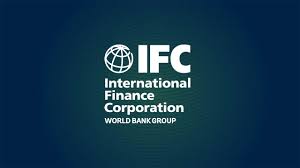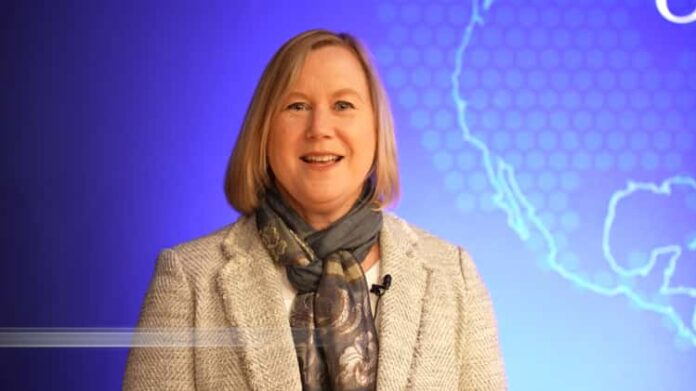Africa must significantly increase its annual spending to $6 billion in order to expand internet connectivity and bridge the digital divide, according to the International Financial Corporation (IFC).
The funds would be utilized to deploy more fiber optic cables, extending connectivity from coastal regions to cities and homes across the continent.
Susan Lund, the IFC’s Vice President of Economics and Private Sector Development, clarified that the $6 billion figure only covers the capital expenditure required for building digital infrastructure and does not account for operational costs.
Over the past decade, the World Bank has committed $2.8 billion to various digital development projects in sub-Saharan Africa.
These investments have supported initiatives such as fiber optic cable deployment, data centers, internet service providers, and digital education programs.
However, the scale of the challenge remains immense, as a significant portion of African countries still lack adequate digital infrastructure.
The IFC, a member of the World Bank Group, aims to increase its total investment in Africa to approximately $10 billion by the end of 2024.
The following year, this investment is expected to double, with a focus on innovative companies driving digital adoption across different industries.
A survey conducted among firms in 54 countries revealed that while more businesses are operating online, few are fully leveraging the potential of online opportunities.
In countries like Ethiopia, Ghana, Kenya, Nigeria, South Africa, and Uganda, only 5% of firms with fewer than five employees have computers with internet access.
Many of these businesses are located in areas lacking fiber optic infrastructure or are unable to afford smartphones for digital transactions.
To address this issue, an additional $2.7 billion is required to support the digital transformation of small and medium-sized enterprises (SMEs).
Investments in this area could assist firms in the manufacturing and agriculture sectors, where digital technologies are essential for tasks that currently exceed the capabilities of most African businesses.

The IFC sees the arrival of new submarine cables on the continent as a positive development in addressing the infrastructure deficit. Africa has already welcomed around 30 submarine cables with substantial internet capacity.
However, the challenge lies in transmitting this capacity from the cables to cities where businesses and individuals can access it, as this process incurs significant costs.
Enabling small businesses to go online not only enhances their productivity but also ensures the preservation of employment opportunities.
The IFC’s report highlights that approximately 70% of Africa’s workforce is employed by these small businesses, representing around 400 million workers.




